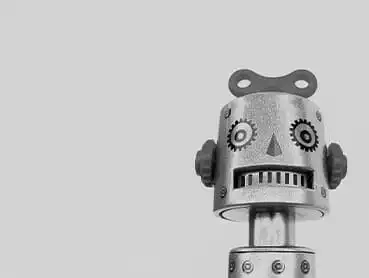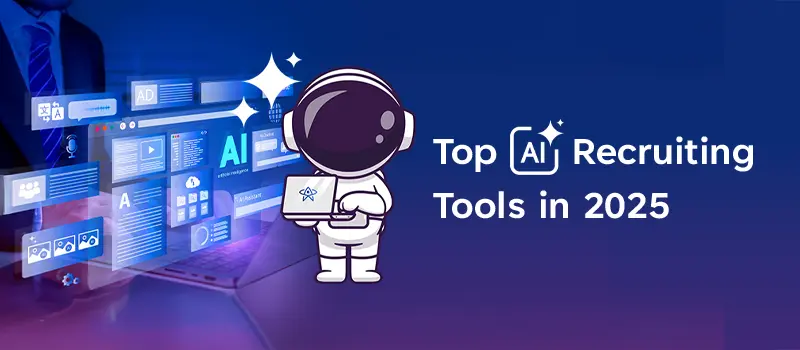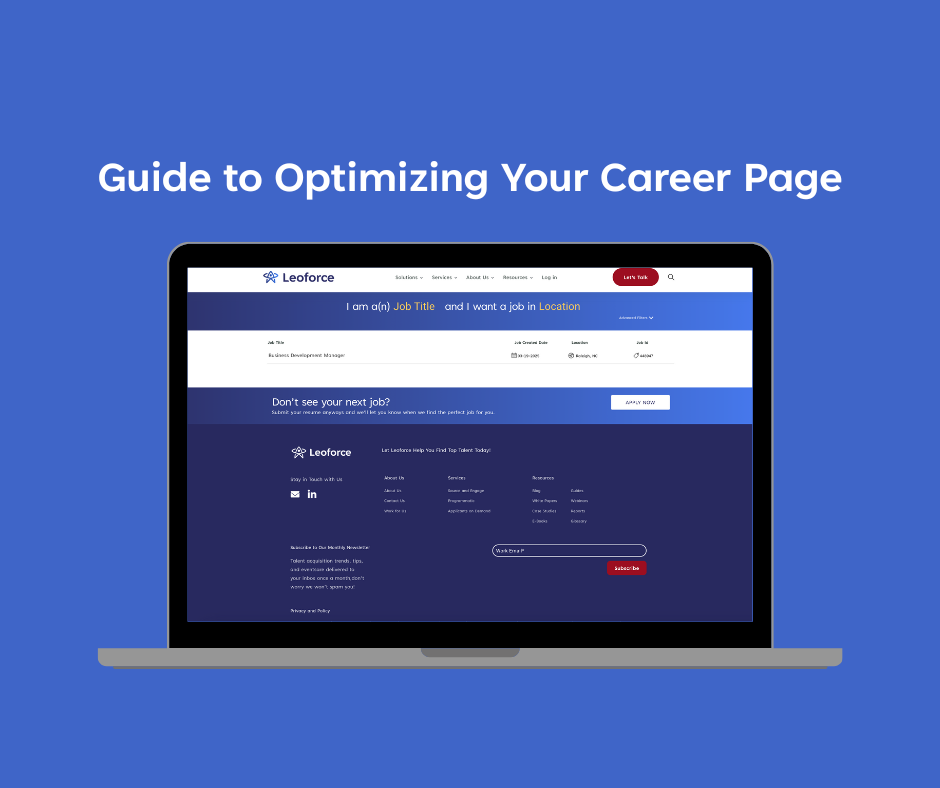Identifying and Assessing Soft Skills: Why It’s a Top Priority for Recruiters

It’s an interesting time for the world of talent acquisition and recruiting. On one hand, there seems to be a technological explosion where the entire industry is being impacted by things like AI-powered market intelligence, recruiting automation and more recruiting software platforms on the market than ever before.
On the other hand, there’s also a hyper-awareness by recruiters and hiring teams of the need to focus on the very human elements of all-things-talent acquisition. Human elements such as candidate engagement, talent nurturing, and the soft skills candidates need to not just thrive in an organization – but to help the organization thrive. But is understanding the value of soft skills in employees really a new trend?
The not so-sudden rise of soft skills in the workplace
The truth is, there hasn’t really been a rise in the focus on soft skills in the workplace. In fact, research conducted by Harvard University, the Carnegie Foundation and Stanford Research Center examined a study published by the Carnegie Foundation in 1918 titled – A Study of Engineering Education, by Charles Riborg Mann, which concluded that 85% of job success comes having well-developed soft and people skills, while only 15%[1] of job success comes from hard skills. More than a century later, another study found that 93% of employers [2] deemed soft skills as “essential” or “very important” to their organization. Conclusion: yeh, not a new idea that soft skills matter. But why do they matter? Before we answer that question, let’s break down what the differences actually are between soft skills and hard skills.
What are the differences between hard skills and soft skills?
Soft skills differ from hard skills, which are specific measurable abilities that are easily quantified, such as proficiency with computer programming, knowledge of a foreign language, or familiarity with statistical analysis. Soft skills, also referred to as interpersonal skills, are the personality traits that define how an individual interacts with others. The stronger your soft skills are, the more likely you are to succeed in a role, regardless of the “hard skills” requirements. Soft skills include things like:
- Critical thinking and problem solving
- Communication skills
- Time management / organizational skills
- Empathy
- Leadership ability
- Willingness to learn / growth mindset
Why are soft skills important?
It’s rare to be working in a bubble with zero interaction from other people and no need to communicate. Most jobs require some type of human-to-human interface, even if it’s in the smallest way. That means navigating a myriad of challenges that go along with that human interaction. Having strong soft skills is critical to doing that effectively.
For example, you can be the best computer programmer in the industry. But if you lack the ability to effectively communicate with clients, colleagues or leadership, you may never get to demonstrate your programming skills. Or let’s say you’re an amazing tax accountant who is gifted with numbers, but cannot seem to manage time or meet deadlines; are your hard skills going to help you keep your job? Chances are, there are other tax accountants out there with the same level of hard skills who will meet those deadlines.
And therein lies the challenge. On a level playing field of technical skills, what is going to win the day? The candidate who may slightly edge out another from a technical or hard skills perspective, but doesn’t have the people or soft skills to fit into the company culture or the team? The answer is in the study referenced above. If 93% of employers find soft skills to be essential, it’s pretty clear who would win the day.
How do you identify and assess soft skills?
Still, soft skills can be difficult to measure through traditional recruiting methods. But doing it correctly can make all the difference between a successful employee and a bad hire and can be the impetus that propels your business forward successfully.
Personality tests and skills assessments – There are a number of ways to go about identifying and assessing soft skills including administering skills tests, personality assessments, and conducting video or in-person interviews. All of which can help you evaluate candidates’ communication, presentation, and problem-solving skills.
Get to know your talent – You should also engage in one-on-one conversations with candidates and ask targeted questions that demonstrate their interpersonal skills and conflict resolution techniques. Listen carefully to how they answer and pay attention to their body language. Ask for examples of how they’ve demonstrated different soft skills in the past.
Leverage AI-powered recruiting automation
Last, but most certainly not least, consider putting the power of AI-driven recruiting technology to work for you. But to be clear, not just any AI recruiting technology. To effectively identify and assess candidate soft skills, you’ll need a platform that looks at more than just hard skills when sourcing candidates. This is where an AI-sourcing tool like Leoforce Quantum comes in.
Using more than 300 parameters to identify the most compatible candidates, Leoforce looks beyond hard skills and does a deep dive into the more human nuances of talent sourcing. Using more parameters to source the most suitable talent for every job enables recruiters to identify those important soft skills that are the key to success in the long run.
Technology with a human touch
A sourcing tool like Leoforce is the perfect combination of advanced AI and Artificial Intuition – technology with a human touch that provides a deeper, multidimensional understanding of people, jobs, and what makes them compatible. And it’s the only AI-sourcing tool on the market that scores and ranks talent for compatibility, allowing you to quickly source and rapidly engage the talent most likely to succeed in every open role, reducing sourcing time by 50% and saving you valuable time and money. In the race to connect, engage and hire the best talent out there, be the one to get there first by arming yourself with the best, and fastest sourcing tool on the market.
Resources
[1] https://www.nationalsoftskills.org/the-soft-skills-disconnect/
[2] https://www.trvst.world/work-skills/soft-skills-facts-statistics/#cmfSimpleFootnoteLink1





